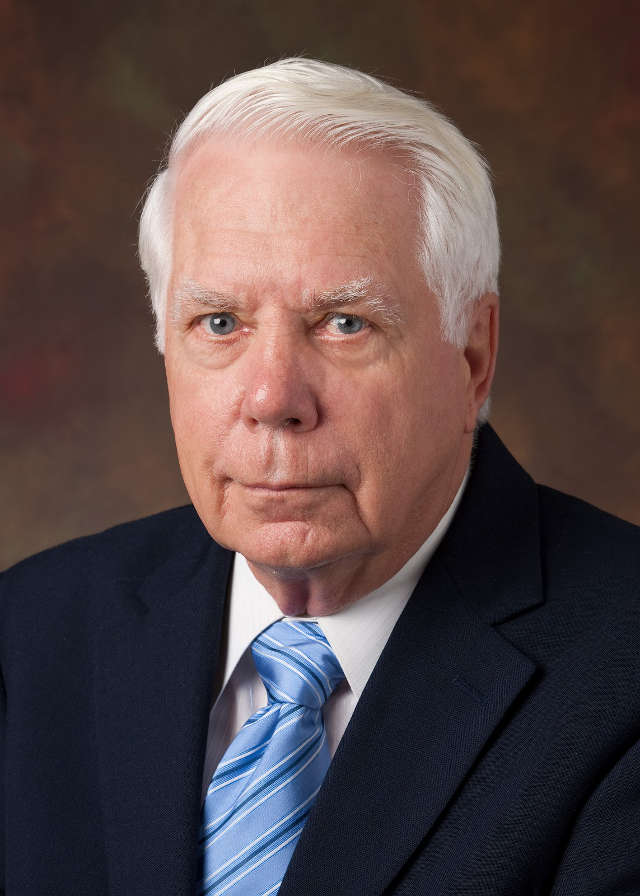Jakarta Open Forum: Garuda in Flight – An American Perspective on the Evolution and Progress of Indonesian Foreign Policy

Professor Donald E. Weatherbee,
Donald S. Russell Distinguished Professor Emeritus,
University of South Carolina
As the world’s most populous Muslim democracy and 16th largest economy by GDP, Indonesia has gained international recognition as one of the world’s rising powers. Its rise has led to its increasing global prominence in recent years and signifies its regional leadership in Southeast Asia.
Indonesia’s foreign policy of bebas aktif (independent and active) rests firmly on the foundation that was introduced by Mohammad Hatta more than six decades ago, responding to real conditions and Indonesian national interests. This bebas aktif policy concept has been remarkably resilient over the years and continues to be a guiding principle for Indonesia’s contemporary foreign policy. However, the dynamics of international politics in the world today have become more complex with the rise of new regional and global issues.
What are the challenges that lie ahead for Indonesia’s foreign policy and is soft power enough to achieve its goals? As ASEAN has been a cornerstone of Indonesia’s foreign policy since 1967, how does Indonesia navigate ASEAN in its foreign policy today?
Professor Donald E. Weatherbee, Donald S. Russell Distinguished Professor Emeritus at the Institute of International Studies, University of South Carolina, shared his perspective on Indonesia’s current foreign policy in its historical context.
